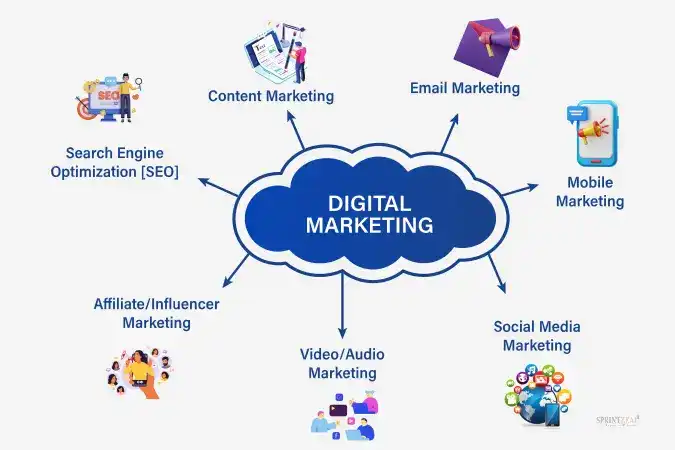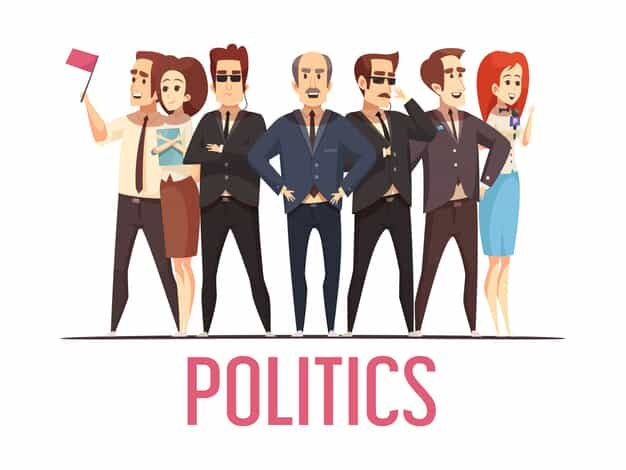The Evolution of Superhero Movies: A Journey from Comics
Mia Anderson

Photo: The Evolution of Superhero Movies: A Journey from Comics
Superhero movies have become an integral part of popular culture, captivating audiences around the globe with their thrilling narratives, larger-than-life characters, and spectacular visual effects. However, the journey of these films from humble comic book origins to billion-dollar franchises was anything but straightforward. The history of superhero movies is a tale of evolution, adaptation, and cultural impact, reflecting broader trends in the entertainment industry and society as a whole.
In this article, we will explore the fascinating evolution of superhero films, examining their origins, the significant milestones that shaped their trajectory, and the cultural forces driving their phenomenal success today.
The Origins of Superhero Movies
The story of superhero movies begins with the birth of the superhero genre itself, which can be traced back to the late 1930s when comic book superheroes first emerged as a cultural phenomenon. Characters like Superman, Batman, and Wonder Woman quickly became household names, capturing the imaginations of young and old alike. It wasn’t long before these characters leaped from the pages of comics to the silver screen.
In the early days, superhero movies were often seen as low-budget serials aimed primarily at children. The 1940s saw the release of films like The Adventures of Captain Marvel (1941) and Batman (1943), which, though popular, were simplistic in their storytelling and limited in scope due to the technological constraints of the time. These early adaptations were more about translating the comic book hero into a live-action format than exploring the deeper themes or complex narratives that we associate with the genre today.
The Evolution of Superhero Films: From Camp to Credibility
The 1960s and 1970s marked a turning point for superhero movies. This era saw the genre transition from the campy, often lighthearted tone of early adaptations to a more serious and mature approach. The 1966 release of Batman: The Movie, based on the popular television series starring Adam West, epitomized the campy style that was popular at the time. However, it wasn’t until the release of Superman in 1978 that superhero films began to be taken seriously as a cinematic genre.
Superman, directed by Richard Donner and starring Christopher Reeve, was a watershed moment in the history of superhero cinema. It introduced audiences to a more sophisticated portrayal of superheroes, combining epic storytelling with state-of-the-art special effects. The success of Superman demonstrated that superhero movies could be both commercially viable and critically acclaimed, paving the way for future films to explore more complex themes and character development.
Marvel vs. DC: The Rivalry That Shaped the Genre
The rivalry between Marvel and DC Comics has been a driving force in the evolution of superhero movies. Both companies have created some of the most iconic and influential characters in the genre, and their competition has fueled innovation and creativity in superhero cinema.
DC was the first to establish a strong presence in the film industry, with the success of the Superman and Batman franchises in the late 20th century. Batman (1989), directed by Tim Burton, and its sequel Batman Returns (1992), presented a darker, more gothic interpretation of the Caped Crusader, further elevating the genre's credibility.
Marvel, on the other hand, struggled to find its footing in the early years of superhero filmmaking. It wasn’t until the release of Blade in 1998, followed by X-Men in 2000, and Spider-Man in 2002, that Marvel began to establish itself as a major player in the superhero movie industry. These films marked the beginning of a new era for Marvel, one that would culminate in the creation of the Marvel Cinematic Universe (MCU) in 2008 with the release of Iron Man.
The Birth of the Marvel Cinematic Universe
The Marvel Cinematic Universe (MCU) revolutionized the superhero genre by introducing the concept of a shared universe, where multiple characters and storylines intersect across different films. This ambitious project, masterminded by producer Kevin Feige, began with Iron Man in 2008 and quickly expanded into a sprawling franchise that now includes over 30 films and numerous television series.
The MCU’s success can be attributed to its careful planning, consistent tone, and interconnected storytelling. By weaving together the narratives of characters like Iron Man, Thor, Captain America, and the Avengers, Marvel created a cinematic experience that rewarded both casual viewers and die-hard fans. The MCU's success not only redefined the superhero genre but also set new standards for blockbuster filmmaking.
Box Office Impact and Cultural Significance
The box office impact of superhero films has been nothing short of extraordinary. Over the past two decades, superhero movies have consistently dominated the global box office, with several films crossing the billion-dollar mark. For instance, Avengers: Endgame (2019) became the highest-grossing film of all time, earning over $2.79 billion worldwide.
The cultural impact of these films is equally significant. Superhero movies have transcended their comic book origins to become a major influence on popular culture. They have inspired a new generation of filmmakers, artists, and writers, while also sparking important conversations about representation, diversity, and the role of heroes in society.
As superhero films continue to evolve, they have increasingly begun to explore more diverse and complex themes. Movies like Black Panther (2018) and Wonder Woman (2017) have challenged traditional narratives, offering new perspectives and empowering underrepresented communities.
The Future of Superhero Movies
The future of superhero movies looks bright, with studios continuing to invest heavily in the genre. As technology advances, filmmakers have more tools at their disposal to create visually stunning and narratively rich films. The ongoing success of superhero movies suggests that the genre will continue to thrive, with new characters, stories, and themes waiting to be explored.
However, the genre also faces challenges. The sheer volume of superhero films has led to concerns about oversaturation, with some critics arguing that the market may eventually become fatigued. Additionally, the increasing reliance on big-budget spectacles raises questions about the future of smaller, character-driven stories within the genre.
Despite these challenges, the evolution of superhero movies demonstrates the genre's remarkable ability to adapt and innovate. As long as there are new stories to tell and audiences eager to see them, superhero films will remain a vital part of the cinematic landscape.
Conclusion
The history of superhero movies is a testament to the enduring appeal of these characters and the power of storytelling. From their humble beginnings as comic book adaptations to their current status as global cultural phenomena, superhero films have evolved in ways that reflect broader changes in society, technology, and the entertainment industry.
As we look to the future, it is clear that superhero movies will continue to play a central role in shaping popular culture. Whether through groundbreaking visual effects, complex narratives, or timely social commentary, these films have the potential to inspire, entertain, and challenge audiences for years to come.
Marketing
View All
January 19, 2025
How to Master Digital Marketing BasicsLearn the essentials of digital marketing in this beginner-friendly guide. Kickstart your journey with step-by-step strategies. Start mastering today!
Mia Anderson

January 21, 2025
Why Digital Marketing is Vital for SMBsDiscover why small businesses must adopt digital marketing in 2024. Learn tips and tactics to compete in the digital age. Take your business online today!
Mia Anderson

January 25, 2025
SEO’s Role in Digital Marketing StrategyDive into the importance of SEO in crafting a digital marketing strategy that works. Rank higher and drive organic traffic today!
Mia Anderson
Entertainment
View AllDiscover the latest strategies for mastering video games in 2024. Unlock expert tips and elevate your gameplay. Read now for game-changing insights!
Mia Anderson
Discover expert tips and strategies for organizing a film festival from start to finish. Learn key steps to ensure your event is a success read now!
Mia Anderson
Discover how digital distribution is transforming film marketing and reach. Learn the key strategies for leveraging this trend to maximize your film's success!
Mia Anderson
Explore the latest trends in virtual reality gaming for 2024. Our in-depth guide covers new technology and gameplay innovations. Discover more now!
Mia Anderson
Automotive
View AllFind out about the latest tax incentives and rebates available for EV buyers in 2024. Save money on your next purchase!
Read MoreForecast the EV market of 2030. Learn about expected growth rates, market penetration, and the rise of EV ownership globally.
Read MoreUncover why Dealer Daily is revolutionizing the auto industry. Gain a competitive edge with these powerful strategies.
Read MorePolular🔥
View All
1
3
4
5
6
7
8
9
10
Technology
View All
December 15, 2024
The Truth About Buying a Gaming Laptop – What You Need to Know
Learn the ins and outs of gaming laptops! Our guide helps you make an informed purchase. Click to discover the perfect gaming machine.

December 4, 2024
The Ultimate Guide to Building Your Own PC in 2024
Build your dream PC with our step-by-step guide! From components to assembly, click to unlock the ultimate DIY experience.

September 15, 2024
Top Trends in Cloud-Based ERP Systems for 2024
Discover the latest trends in cloud-based ERP systems for 2024. Learn how these innovations can boost your business efficiency. Click to explore now!
Tips & Trick





















